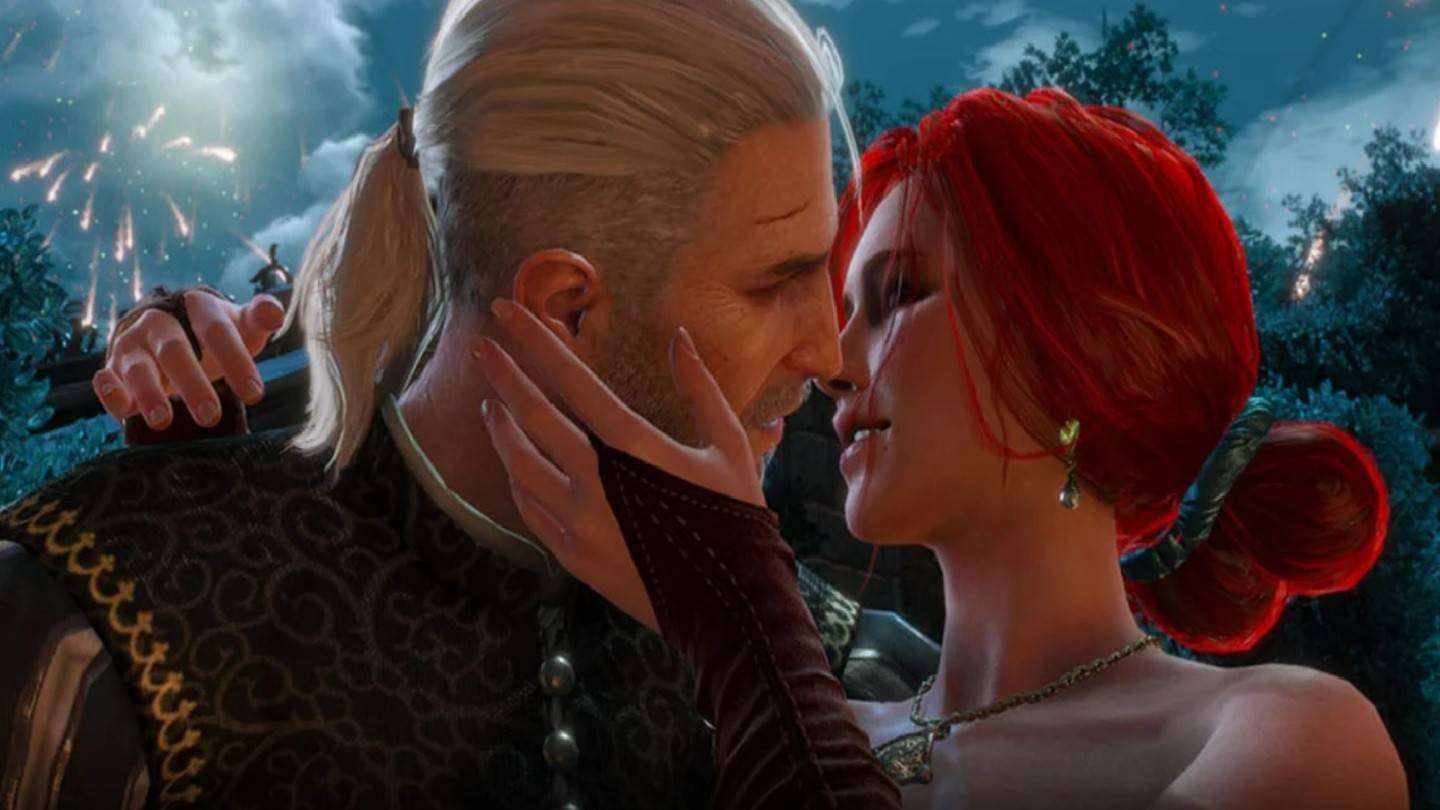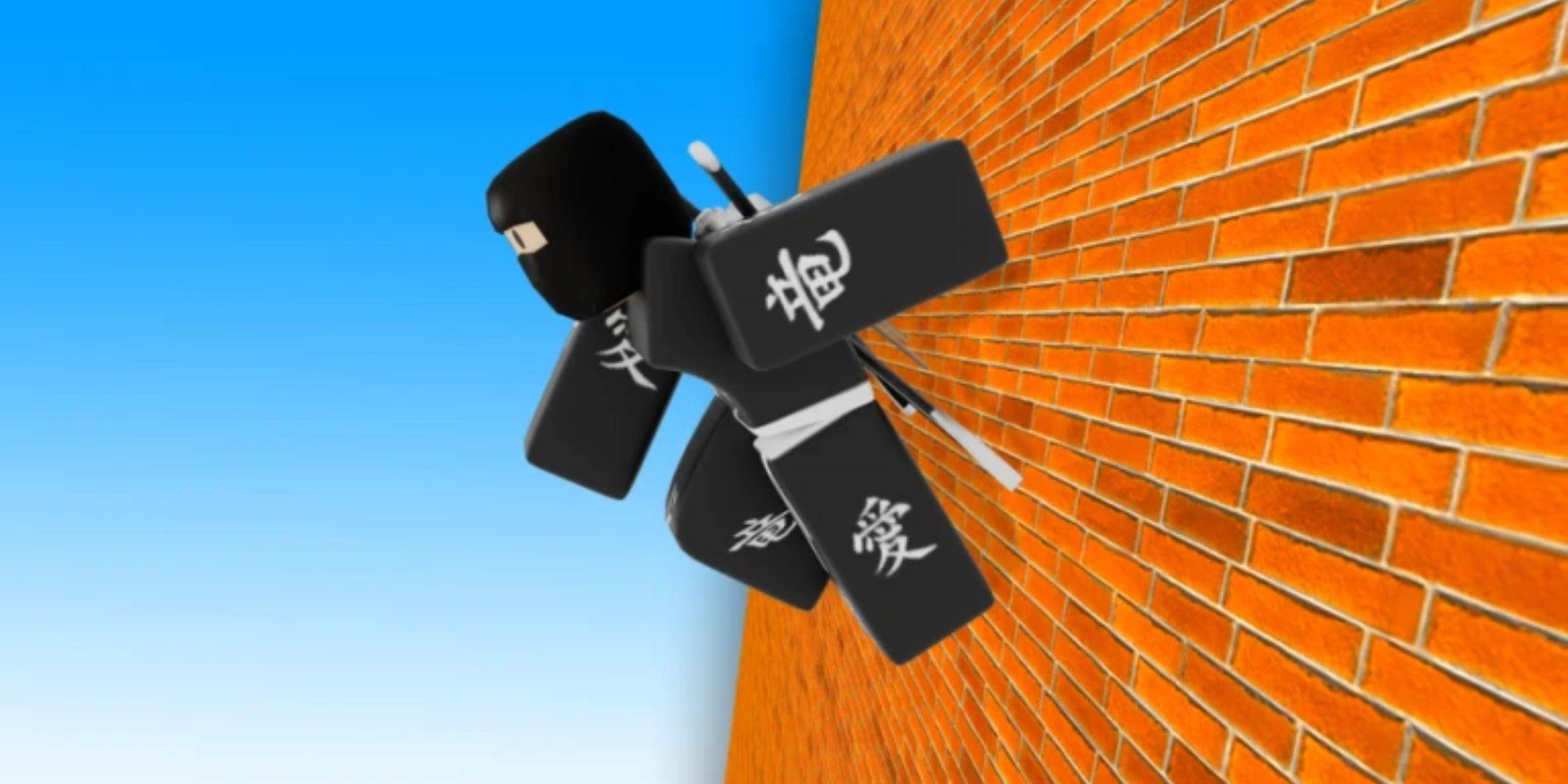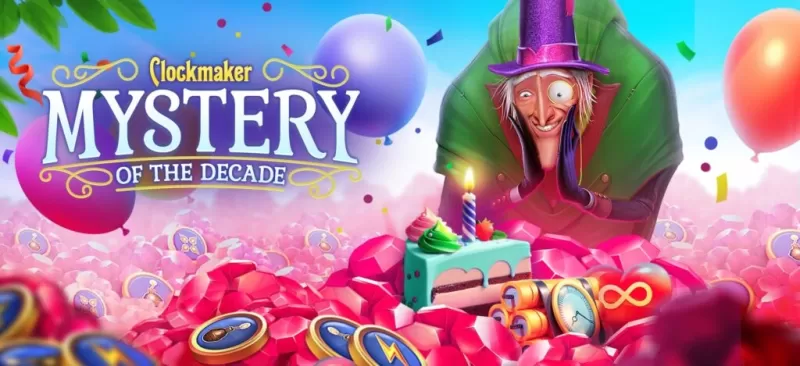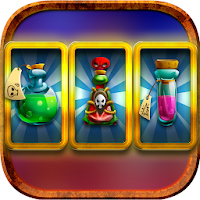
In the intriguing mission of *The Witcher 3* titled "Ashen Marriage," set in the bustling city of Novigrad, players witness a romantic subplot where Triss Merigold, a beloved sorceress, finds herself smitten with Castello and eager to tie the knot. Geralt, the protagonist, steps into the role of a diligent wedding planner, tasked with ensuring everything is perfect for the big day. His duties include purging the canals of menacing creatures, sourcing the finest alcohol, and carefully selecting a wedding gift for the bride.
The choice of gift plays a pivotal role in Triss's reaction. Opting for a memory rose, a poignant memento from *The Witcher 2*, elicits a deeply emotional response from Triss, showcasing the depth of their past connection. On the other hand, choosing simpler gifts results in a more subdued reaction, underscoring the importance of thoughtful gestures in this narrative.
However, the wedding preparations are thrown into disarray by a shocking revelation from Dijkstra. He uncovers that Edmund, Triss's betrothed, is entangled with the notorious witch hunters. This revelation casts doubt on Edmund's true intentions, revealing that he is being coerced into the marriage. The witch hunters are using the threat of exposing his secret—a daughter from a previous marriage—as leverage.
Faced with this dilemma, Geralt must decide whether to reveal the truth to Triss privately or in Edmund's presence. Regardless of the approach, the outcome is the same: the wedding is called off. Triss either feels betrayed by Edmund's affiliations or appreciates his honesty but recognizes the rush to marry was ill-considered.
This twist not only adds layers to Geralt and Triss's relationship but also enriches the narrative by fleshing out the complexities of secondary characters. It showcases the intricate web of politics, personal secrets, and moral choices that define the rich world of *The Witcher 3*.















